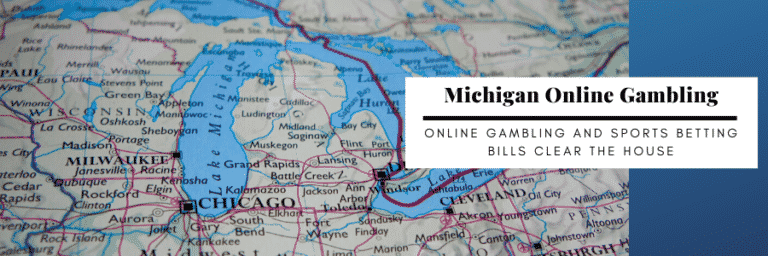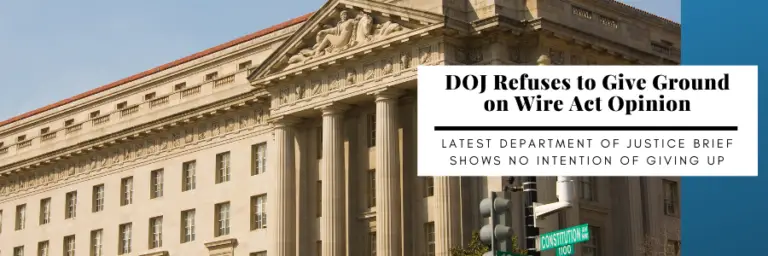Florida Sports Betting Compact Faces Legal Challenges

Two pari-mutuel facilities amended an existing lawsuit and filed a second legal challenge against the 30-year compact signed between the Seminole Tribe of Florida and Governor Ron DeSantis. The company behind the venues amended its existing Florida complaint and filed a federal lawsuit in Washington D.C. just two weeks after the United States Department of the Interior neither signed nor declined the compact, allowing it to become law.
The Bonita Springs Poker Room and the Magic City Casino owners say the compact violates federal laws and the services would negatively impact their Florida business. The gaming facilities are owned by the Havenick family and have been in operation for over fifty years. In July, the owner filed its first lawsuit against the compact in Tallahassee, which was amended last week.
Details of the Filing
In the first lawsuit filed in Florida, the pari-mutuel companies named Governor DeSantis as the defendant. In the latest filing, the US Department of the Interior and Secretary Deb Haaland have been added as defendants. The plaintiffs state that the approval of the compact does not fall in line with the authority of Secretary Haaland based on the language of the Indian Gaming Regulatory Act.
The argument is against the fact that the permit allows the tribe to provide mobile sports betting statewide. And that the tribe will be involved in the operation of sports betting via pari-mutuels via a hub-and-spoke model.
The lawsuit points out that the Indian Gaming Regulatory Act only allows the state and tribe to sign a compact for gaming on tribal lands. The Seminole Tribe will offer online sports betting across the state with servers located on reservation land. The tribe and the state claim that the bets will originate on Seminole land, so the compact is copasetic.
In the challenge, the pari-mutuels claim that if wagers are not legal outside tribal lands, allowing online and bank wire transactions to take place connected to sports betting violates The Wire Act and the Unlawful Internet Gambling Enforcement Act. The pari-mutuels also claim that the compact violates equal protection provided by the 5th amendment by allowing the tribe to have a monopoly of the industry.
Harmful to Florida Pari-Mutuel Operators
The pari-mutuel operator claims that the setup of the sports betting industry in Florida will be harmful to their business as gamblers will no longer go to physical locations to wager. The business model of a pari-mutuel facility is based on visits. The lawsuit points out that the owners have spent over $65 million in improvements to the two facilities.
The lawsuit states:
“By enabling the tribe to offer sports betting via computer or phone from a person’s home or any other location in Florida, the tribe will have a significant competitive advantage and cost plaintiffs significant amounts of revenue.”
The operator sees a further disadvantage in that the Seminole Tribe can accept cash for sports betting wagers placed within its casinos. The pari-mutuels cannot do the same. Customers of pari-mutuels that prefer to use cash will have no reason to visit the facility. They will choose the tribal option instead, thus causing the operator to lose business.
Despite the legal challenge, spokesman for the Seminoles’ Gary Bitner says the compact is now in effect, with the State, the Seminole Tribe, and Seminole Gaming moving forward with operations.
The compact will see the tribe pay $20 billion to the state within 30 years, with $2.5 billion paid in the first five years.
Sadonna brings creativity and knowledge to create quality gambling industry news coverage. The gambling landscape is constantly changing and Sadonna stays on top of the latest developments, good and bad. Sadonna plays a vital role at BettingUSA.com in providing current updates with fully-researched news pieces.







